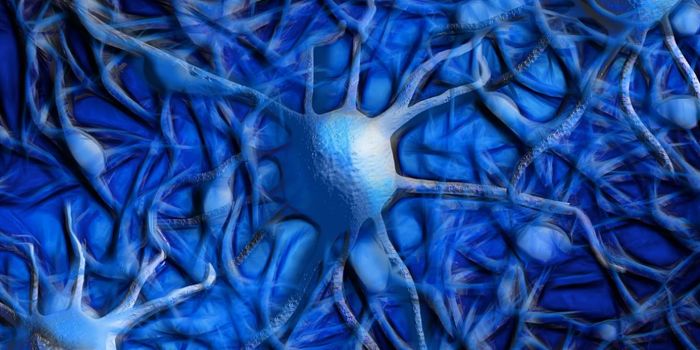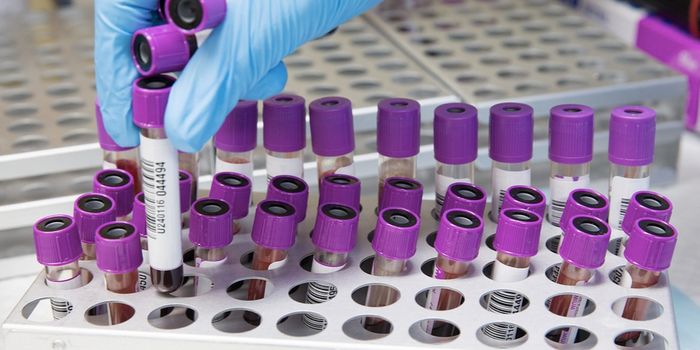Some Epigenetic Tags can be Passed Down From Mothers to Offspring
The human genome holds thousands of genes, and gene expression has to be carefully controlled in cells; the right gene must be expressed in the right place at the right time. Gene activity is regulated by many things, including epigenetic factors, which can include chemical marks that adorn DNA, or structural changes that alter gene expression. But epigenetic marks do not change the sequence of DNA. Scientists have shown that some epigenetic tags can be passed down from parent to offspring. Now, researchers have identified specific epigenetic marks that can be inherited from mothers, and how they can impact development. The findings, which used a mouse model, have been reported in Nature Communications.
When an egg cell or oocyte is fertilized and the zygote is created, the oocyte supplies the zygote with a rich source of proteins and mRNA molecules that are already made from mom. In the mouse, the zygote genome is not transcribed until the second day of development. Until then, the oocyte is making sure that cell division and other processes are happening normally. Gene expression has to be controlled with special care during development; errors that happen at this time can impact an organism for their lifetime.
In this study, the scientists wanted to understand how a maternal protein called SMCHD1 was functioning in mouse eggs. SMCHD1 is known to play a role in genomic imprinting, which marks offsprings' genes to denote the parent the gene originated from.
The researchers eliminated the SMCHD1 protein from mouse eggs to observe the effects. They found that mice developing from those eggs (when they were fertilized) had problems in some vertebrae in their spines. The lack of SMCHD1 in mouse eggs led to skeletal abnormalities in offspring.
The investigators wanted to know how the loss of a protein from mouse eggs was disrupting the skeleton of offspring, who carried normal SMCHD1. The researchers focused on crucial embryonic genes known as Hox genes, which are expressed at critical times during the development of the spine.
The researchers discovered that the maternal SMCHD1 protein establishes epigenetic tags that influence the expression of Hox genes in offspring. Maternal SMCHD1 protein prevents Hox genes in offspring from activating prematurely.
It had been thought that most epigenetic tags from the egg were lost just after conception. But the study authors suggested that the development of offspring can be influenced by mom, even when her genes are not inherited.
While more research will be needed to confirm these findings in humans, the researchers noted that there may some implications for human health. Some women carry variations in the SMCHD1 gene, which can lead to forms of muscular dystrophy. It may be possible target the SMCHD1 protein as a treatment.
Sources: Phys.org via The Conversation, Nature Communications









